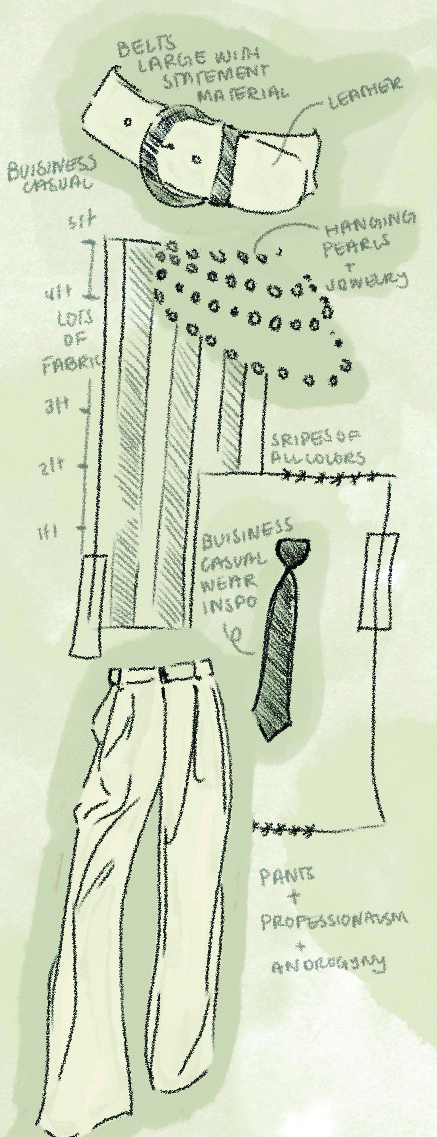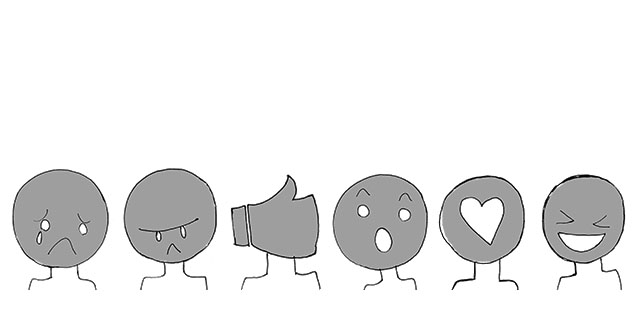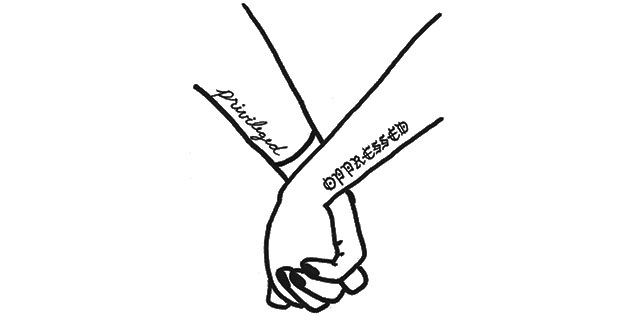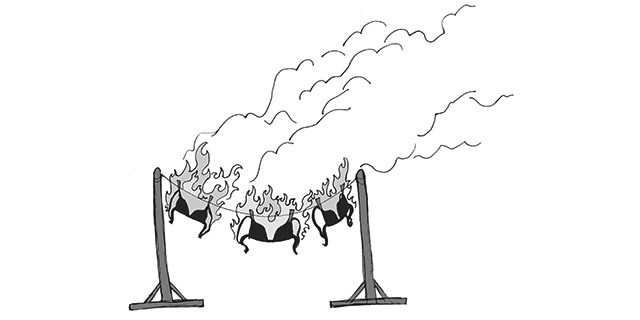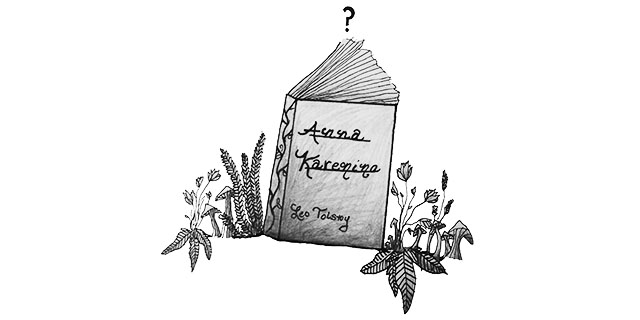
Traditionally, an authoritative a gap separates a parent and child in a healthy relationship. The boundary may or may not indicate a close bond, but it dictates and clarifies the roles of both parties in the relationship.
Today, the boundaries between parents and children are often blurred or intensified as a result of changing familial expectations. Perhaps the prevalence of social media and aspects of the entertainment business, such as reality TV, have contributed to the growing ambiguity in parent-child relationships, since children have begun to increasingly view lousy manners, disrespect toward adults and casual references to sex as commonplace.
Despite an emerging generation of disrespectful youths, some merit can be extracted from the parenting trend of “being your kid’s best friend.”
Being “friends” with your mother is not necessarily a bad thing. My mom and I, for example, are very close. We talk about everything together, which is healthy because she serves as a source of guidance for me. Traditionally speaking, some might argue that my relationship with my mother is too comfortable, that there should be a thicker line separating us. The “correct” boundary for a parent and her child does not exist, though. If both parties feel comfortable with the closeness or distance between them, they have found the “right” relationship.
However, in some situations, parental roles can veer too far towards friendship, which is unhealthy because kids need role models, guides, and support systems as they grow up, and such a relationship often derails the goal of both parties feeling comfortable.
A friend of mine feels that by treating her like a friend instead of a daughter, her mother crosses parental boundaries that undermine her ability to be a reliable, guiding parental figure. While friendship is alright if your situation welcomes such comfort, parents should still be stable figures in their children’s forever-changing social and academic lives. My friend feels that her mother is often unnecessarily involved in her life, like when she texts her daughter’s friends, goes out to dinner with them, or logs in to her daughter’s Facebook account merely for fun.
“I think she’s living vicariously through me,” my friend said with a laugh, but her laughter seemed uncertain and forced. She went on to describe a language barrier (her mother’s first language is not English) that separates her and her mother, making the possibility of confrontation nearly impossible.
Such a mother-daughter relationship clearly crosses boundaries of privacy and independence. However, since her mother acts as such a “friend,” rules are not as strict, which gives my friend some liberties others may not have. My friend feels conflicted about her freedom because she knows it is a privilege, but she also wishes she could have a more concrete relationship with her mother so that her social life was her own and her family life was separate.
On the other side of the spectrum, some parents are too overbearing and protective of their children. Depending on the child, some harsh rules may be necessary to keep the child focused and productive, but often a lack of independence can lead to a rough start after high school. Yes, parents must have rules and enforce them, but certain freedoms are necessary to allow children to develop independently, find out who they are and enjoy their youth.
Another friend of mine is rarely allowed to go out and socialize because her parents expect her to study whenever she is home. While she accepts her family situation, understands the meaning behind it and even appreciates it, she admits she wishes her parents would let her go out more.
Such strictness can be seen as a form of boundary violation. By not allowing their daughter to explore the world on her own and figure out the value of education through experience, my friend’s parents are arguably doing her a disservice.
As society evolves, the expectations for relationships will evolve, too, so a “right” way to parent will never exist. The situation that is comfortable for both parent and child will be unique to each family. However, certain boundaries can be considered uncrossable and children must acknowledge them and work to better their families’ situations.






